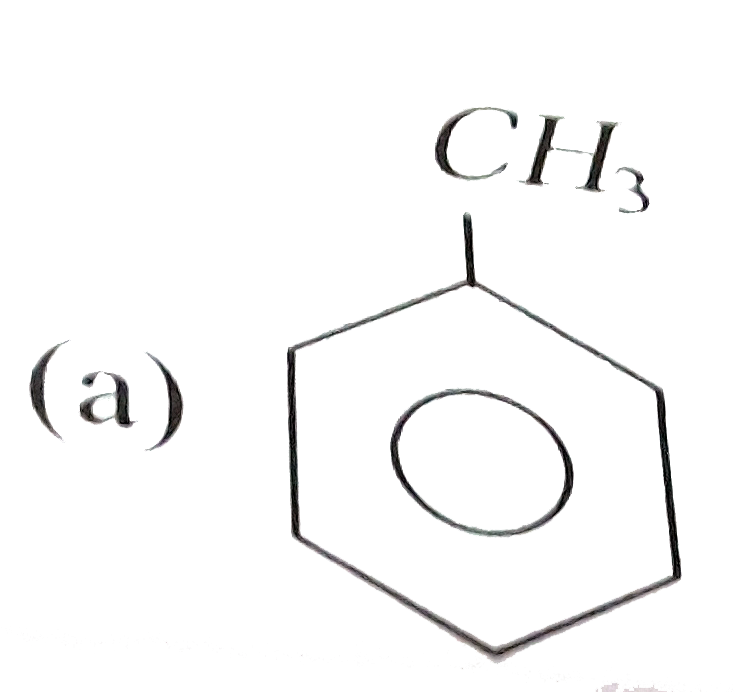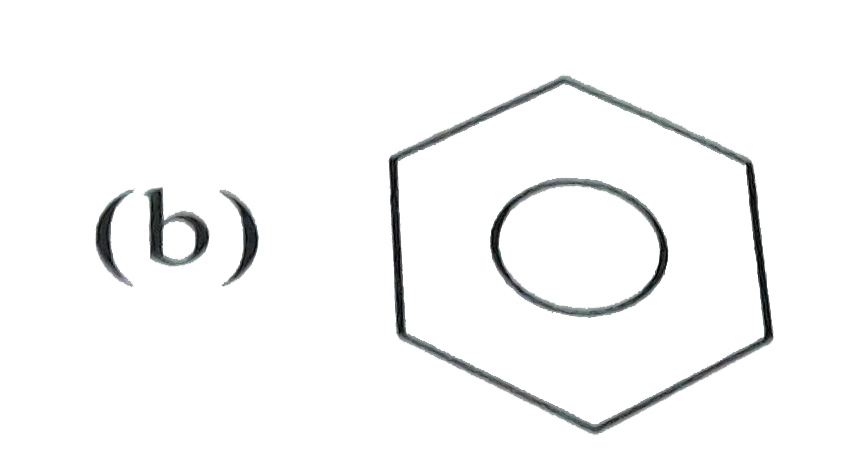Which of the following pollutants are easily degraded ?
dichlorodiphenyltrichoroethane (DDT)
plastic materials
heavy metals
discarded vegetables
To determine which pollutants are easily degraded, we need to analyze the options provided and understand the concept of degradable pollutants. Let's go through the options step by step:
Step 1: Understand Degradable Pollutants
Degradable pollutants are substances that can be broken down into simpler, non-toxic forms by natural processes. This means they can decompose and be removed from the environment without leaving harmful residues.
Step 2: Analyze Each Option
1. Dichlorodiphenyl trichloroethane (DDT):
- DDT is a synthetic pesticide that is known for its persistence in the environment. It does not easily degrade and can remain unchanged for many years.
- Conclusion: DDT is non-degradable.
2. Plastic Materials:
- Plastics are synthetic materials that are also known for their durability and resistance to degradation. They can take hundreds of years to decompose.
- Conclusion: Plastics are non-degradable.
3. Heavy Metals:
- Heavy metals such as lead, mercury, and chromium are toxic and do not degrade in the environment. They can accumulate and cause long-term environmental and health issues.
- Conclusion: Heavy metals are non-degradable.
4. Discarded Vegetables:
- Discarded vegetables are organic waste that can easily decompose through natural processes. They can be broken down by microorganisms and can contribute to composting and soil enrichment.
- Conclusion: Discarded vegetables are degradable.
Step 3: Final Answer
Based on the analysis, the only option that represents a pollutant that is easily degraded is:
- Discarded Vegetables.
Summary of the Solution
- DDT: Non-degradable
- Plastics: Non-degradable
- Heavy Metals: Non-degradable
- Discarded Vegetables: Degradable (Correct Answer)
Degradable pollutants are substances that can be broken down into simpler, non-toxic forms by natural processes. This means they can decompose and be removed from the environment without leaving harmful residues.
1. Dichlorodiphenyl trichloroethane (DDT):
- DDT is a synthetic pesticide that is known for its persistence in the environment. It does not easily degrade and can remain unchanged for many years.
- Conclusion: DDT is non-degradable.
- Plastics are synthetic materials that are also known for their durability and resistance to degradation. They can take hundreds of years to decompose.
- Conclusion: Plastics are non-degradable.
- Heavy metals such as lead, mercury, and chromium are toxic and do not degrade in the environment. They can accumulate and cause long-term environmental and health issues.
- Conclusion: Heavy metals are non-degradable.
- Discarded vegetables are organic waste that can easily decompose through natural processes. They can be broken down by microorganisms and can contribute to composting and soil enrichment.
- Conclusion: Discarded vegetables are degradable.
Based on the analysis, the only option that represents a pollutant that is easily degraded is:
- Discarded Vegetables.
- DDT: Non-degradable
- Plastics: Non-degradable
- Heavy Metals: Non-degradable
- Discarded Vegetables: Degradable (Correct Answer)
Similar Questions
Knowledge Check
Which of the following can be reduce easily
AV(CO)6BMo(CO)6C[CO(CO)4]−DFe(CO)5Which of the following can be reduce easily
AV(CO)6BMo(CO)6CNi+2DMn+2Which of the following will be easily nitrated
A B
B CCH3NO2DC6H5NO2
CCH3NO2DC6H5NO2
